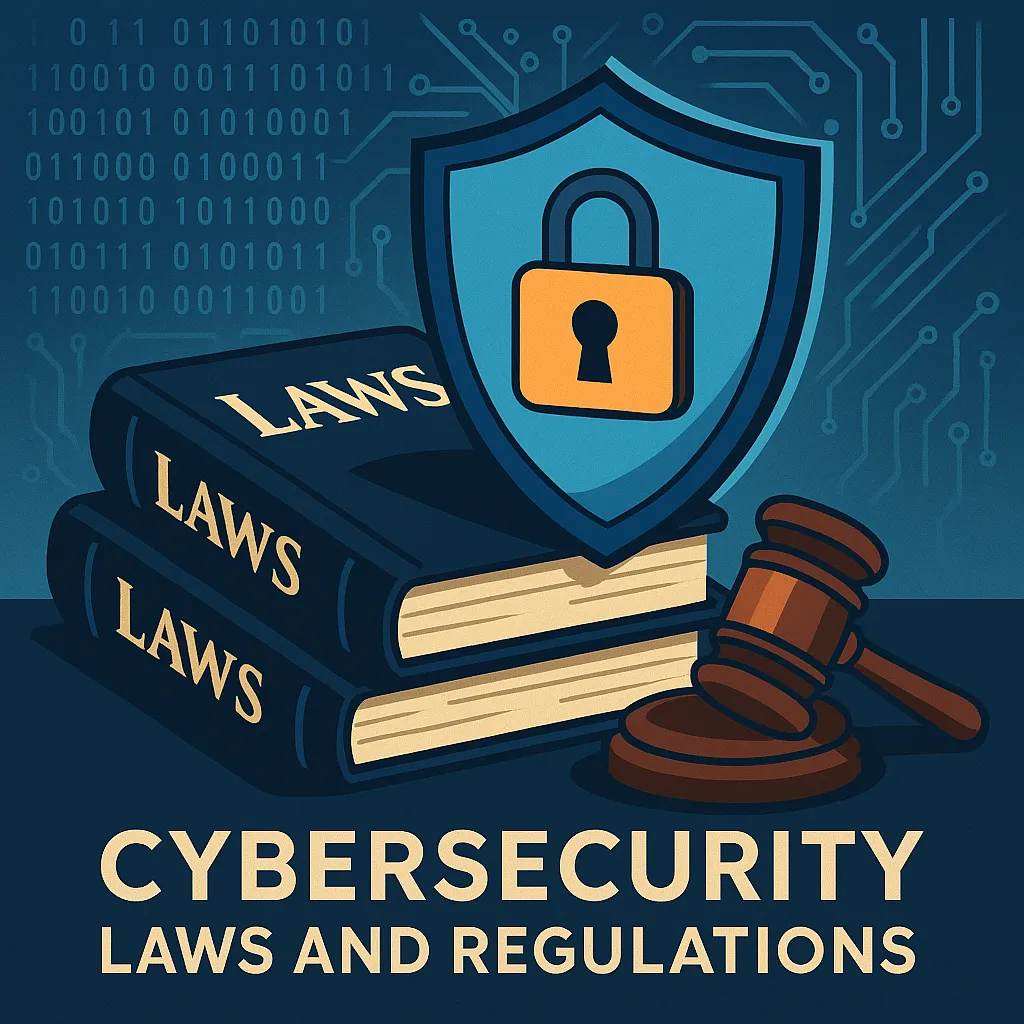The Increasing Relevance of Cybersecurity Law in Today's Digital Landscape
In an era where digital transformation is ubiquitous, the intersection of technology and law has never been more critical. Cybersecurity law, a rapidly evolving field, provides the legal framework to combat cyber threats and secure digital assets. This blog post will explore the basics of cybersecurity law, the importance of specialized education in the field, and how professionals can equip themselves to tackle these challenges.
What is Cybersecurity Law?
Cybersecurity law encompasses the collection of laws and regulatory mandates that safeguard information technology and data from unauthorized access, attacks, and damage. As cyber incidents increase in frequency and sophistication, the role of this legal framework is pivotal in protecting both individual and national security.
Educational Pathways in Cybersecurity Law
For legal professionals aspiring to specialize in this area, several academic institutions offer tailored programs. George Washington University Law School, for instance, offers a Master of Laws (LLM) in National Security and Cybersecurity. This advanced degree is designed for those holding a Juris Doctor (JD) who wish to deepen their knowledge in legal statutes and implications pertaining to cybersecurity.
The University of Pittsburgh also hosts an institute focused on Cyber Law, Policy, and Security, known as Pitt Cyber, which supports educational and policy-oriented initiatives. Moreover, programs like the Cyber Law Micro-credential offered by Purdue University Global provide shorter, more focused courses for professionals seeking specific skills and knowledge relevant to today's cybersecurity challenges.
Core Components of Cybersecurity Law Education
The core curriculum in these programs typically covers a range of topics, from the basics of computer networks and security technologies to the more complex legal aspects such as international cyber laws, privacy rights, and ethical hacking permissions. Students also learn about the implications of digital evidence, how it can be used in court, and the importance of maintaining a secure cyber infrastructure.
Real-World Applications and Implications
Many might wonder about the practical applications of studying cybersecurity law. This field is crucial not only for lawyers but for organizations aiming to ensure compliance with evolving regulations and safeguard against cyber threats. Companies, from tech giants to small enterprises, need expert guidance on navigating compliance standards such as GDPR or the California Consumer Privacy Act.
Moreover, cybersecurity law professionals can provide advice during incident response, helping mitigate legal risks associated with data breaches. For instance, understanding the legal requirements for data breach notifications and coordinating with law enforcement can significantly affect the outcome of such incidents.
Your Path to Becoming a Cybersecurity Law Expert
If you are intrigued by the intersection of law and technology, starting a career in cybersecurity law might be the right path for you. Building a foundational understanding through an LLM or micro-credential program can be immensely beneficial. Furthermore, staying informed about the latest legal issues in technology through continuous learning and networking within the field are crucial steps for success.
Conclusion
Cybersecurity law is not just about legal knowledge. It's about understanding the technical underpinnings of cybersecurity and translating that into legal policies that protect and empower individuals and organizations. As digital threats evolve, so too must our laws and our understanding of how to enforce them effectively.
Whether you're a seasoned legal professional or new to the field, pursuing education in cyber law offers a unique opportunity to make a significant impact in the tech world. With dedicated programs and resources available, now is an ideal time to start your journey in cybersecurity law.

